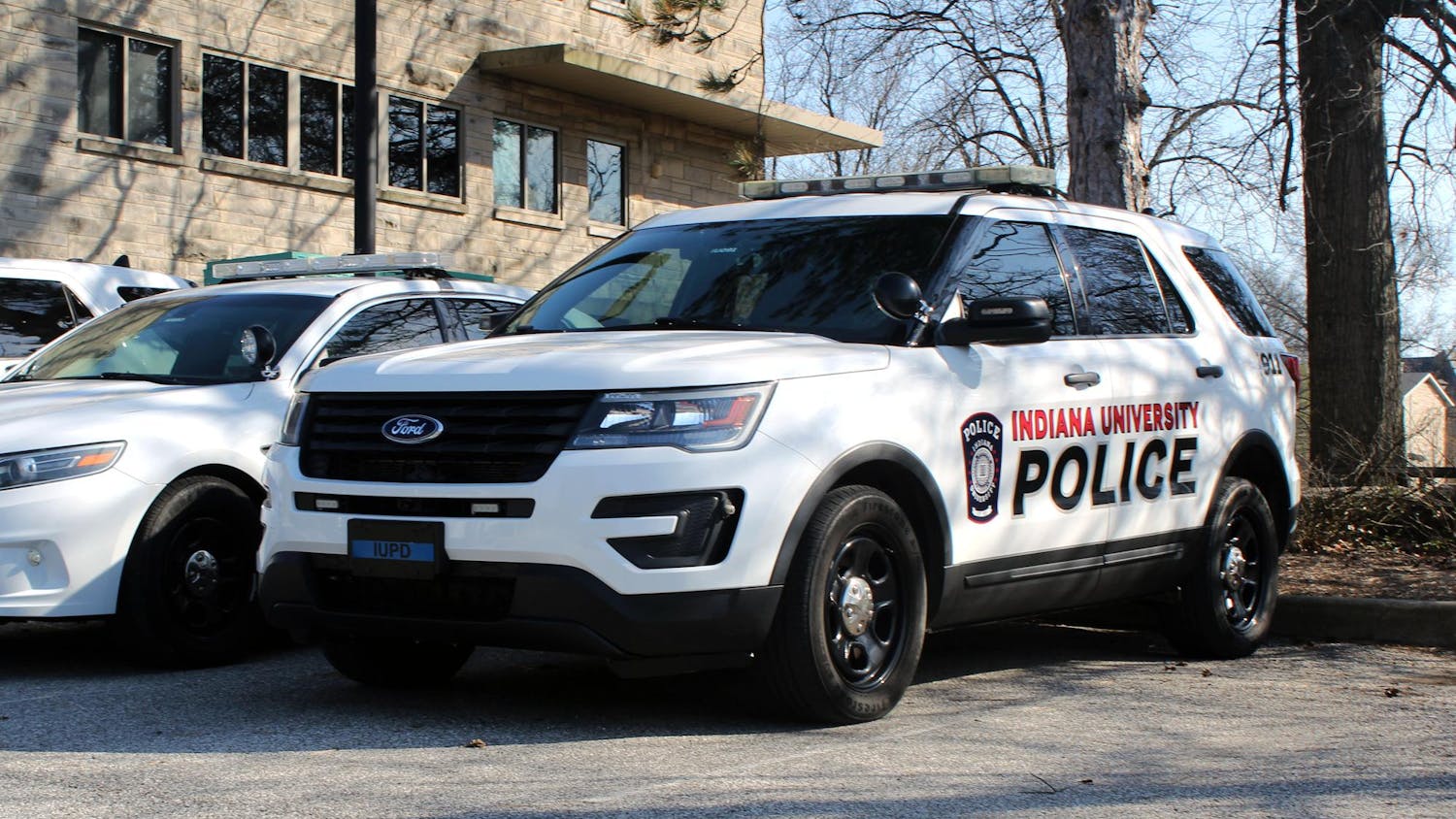Puerto Rico has been killed. One of the few outright colonies of the United States empire, the island has been left for dead after Hurricane Maria.
With Puerto Rico's economy sacrificed to the altar of crazy weather and the global economy, its 3.5 million inhabitants are now abandoned, left with destroyed communities, no water and no electricity.
The Trump administration’s inefficient response, no doubt guided by his established, populist racial pathology, has turned the disaster into a spectacle. A New York Times article chronicling Trump’s Twitter war with San Juan Mayor Carmen Cruz reads like a gossip magazine.
Yet what bothers me most is that Puerto Rico’s treatment probably wouldn’t differ under another administration. Puerto Rico is a colony. It is being treated like one, and its people are being treated like imperial subjects.
We are witnessing an expression of the general history of Puerto Rican and Latin American subordination by the U.S. and environmental disaster.
This situation could easily reopen the violent history of Puerto Rican sovereignty. Master of the island since the departure of the Spanish, the U.S. has fought to prevent self-determination for more than a century.
One episode in this sad history was the Ponce Massacre of 1937, when the police slaughtered peaceful protestors under the orders of the U.S. colonial governor Blanton Wishop.
This story of domination would eventually turn on U.S. leaders, as Puerto Rican independence groups perpetrated terrorist attacks for decades.
Puerto Rico’s infamous debt crisis also looms over the aftermath of this hurricane. Like many countries in Latin America, Puerto Rico has entered an unending cycle of debt and austerity.
Throughout the '80s and '90s, the strategy of Latin American debt was clear in places such as Argentina and Mexico. Wall Street would pump loans to a government, and when they couldn’t pay, industries were privatized, public services slashed and people driven into poverty.
The collapse of neoliberalism in Latin America and the proliferation of populist, left governments during the Pink Tide of the early 2000s never came to Puerto Rico, which remained well in the clutches of U.S. influence.
The island morphed into a nightmare laboratory for conservative economic policy hatched by the Heritage Foundation and American Enterprise Institute, two conservative think tanks.
A recession that has lasted since 2006 has brought a poverty rate of 45 percent to Puerto Rico, and people have fled the country at increasing rates. The hurricane has likely obliterated any remaining public services, and this humanitarian crisis will likely be used to privatize the nation’s electric grid after it is repaired.
The creditors and banks that have hung Puerto Rico with this debt have unsurprisingly responded by offering billions more in debt.
Mayor Cruz has accused the federal government of exacerbating the situation to a point "close to genocide".
The Trump administration is allowing people to die simply because there is no profit in saving them. Perhaps the scariest part of this intentional disaster is what it means regarding future environmental disasters.
If the response of the powerful and monied interests is do nothing when 3.5 million people are condemned on a destroyed island, we cannot expect greater disasters to reverse our inaction on climate change.
luwrobin@indiana.edu





